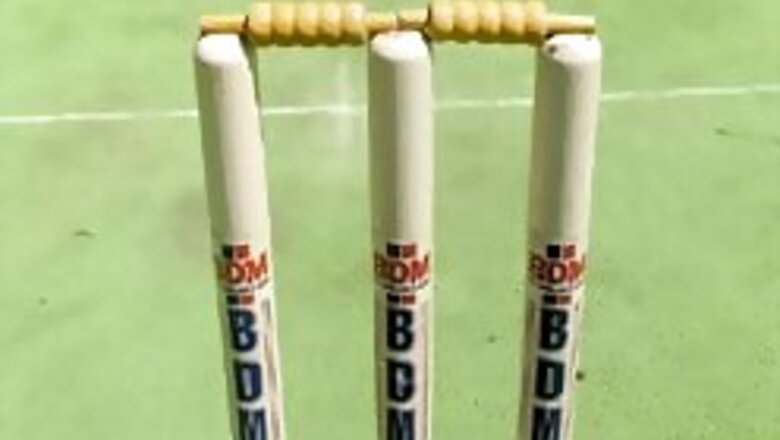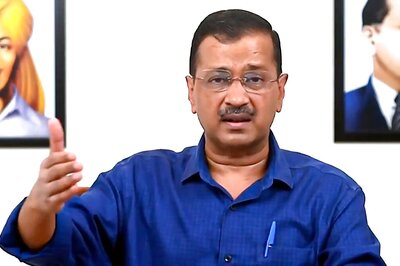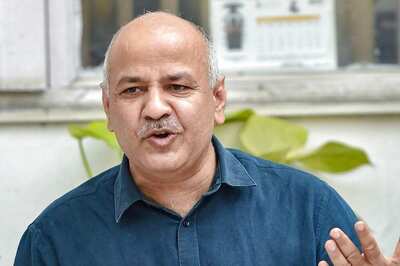
views
St Kitts: West Indian captain Brian Lara's cry for home advantage was partially met when well-known curator Andy Atkinson was flown in to help prepare a lively track for the third Test, starting on Thursday.
"Well, this one wouldn't have too much of grass but there would be plenty of life otherwise," said Atkinson, pitch
consultant of the ICC, who responded to the call of Ricky Skeritt - presently sports minister of this island but who has been manager of West Indian cricket teams in the past - by taking control of the pitch.
Lara made two pleas after the second Test in St. Lucia and they were specific - he wanted fast bowlers in the squad
and he preferred a lively track to put Indian batsmen in discomfort.
While no help has been forthcoming from selectors in terms of introducing a fast bowler in the squad, Lara could look forward to a promising pitch.
"The trouble is, captains request for a lively wicket but the moment the ball starts flying around their ears, they go
out and slam curators," remarked Atkinson who has prepared 18 pitches worldwide which but for three games, have produced a positive outcome.
Atkinson's value is best underlined in what he dished out for Pakistan Cricket Board when the Indians came over for a three-Test series in 2004.
All three games produced results and there were high scores also, underlined by Virender Sehwag's triple and Rahul
Dravid's double century.
PAGE_BREAK
He wasn't around in early 2006 and two of the three Indo-Pak Tests were boring draws.
Looking at the bigger picture, Atkinson doesn't think Sunil Gavaskar, chairman of the ICC cricket committee, is quite right when he recently said that the biggest problem in world cricket at the moment is slow pitches.
"If you look at the results in the last decade, there have been more results in the past one decade than there have
been in entire history of the game. So obviously Sunny (Gavaskar) is not quite right on it.
"However, organisers do want a pitch to last for five days so that everyone's interest is met, the spectators, the
administrators' and the biggest of them all, the TV people who bring in the money. They don't want the match to finish in three days!"
The slow pitches though is a problem peculiar in the Indian sub-continent, and also in Caribbean for that matter.
"Surprisingly, when I took the soil of an Indian pitch for laboratory tests in England, I found the clay content of
the soil wasn't too different from the one which is used in faster pitches around the world like Perth, Brisbane or
Johannesburg.
"But may be the groundstaff isn't too conversed with preparing pitches. The trend worldwide is to bring in former
cricketers to prepare pitches.
"But being a former cricketer is no guarantee that they know the subject of pitch-making which can be quite complicated."




















Comments
0 comment